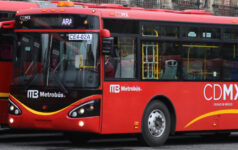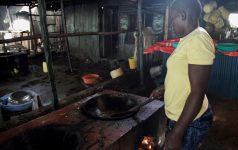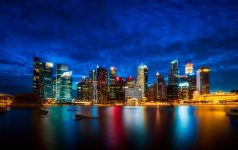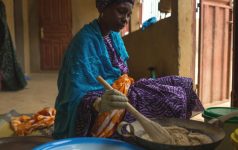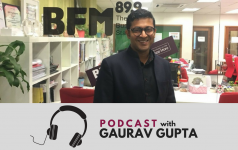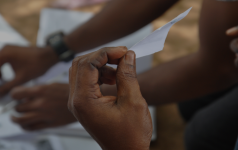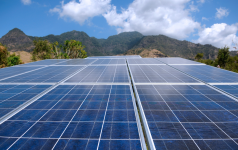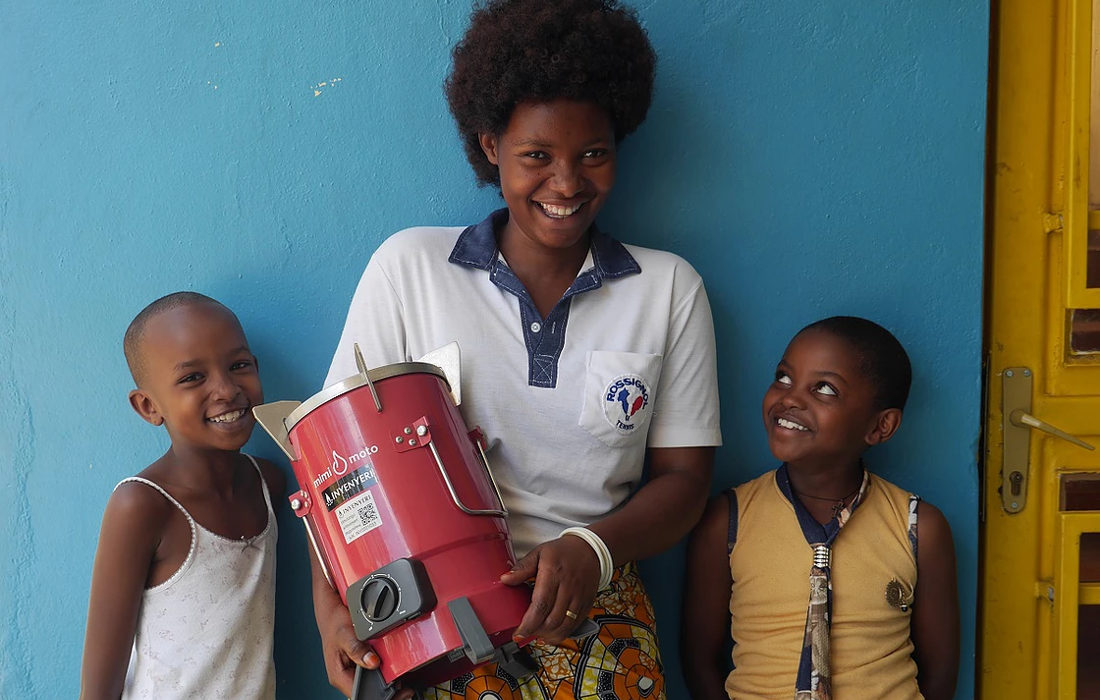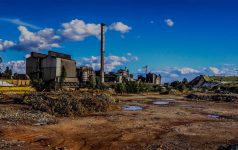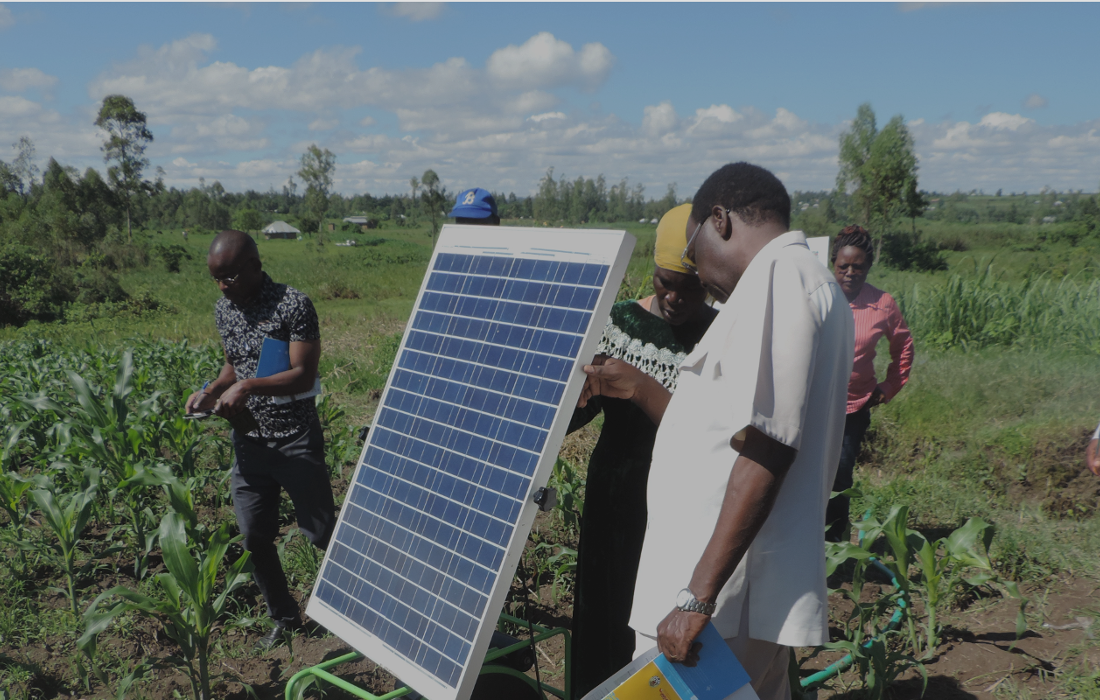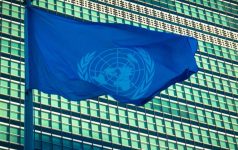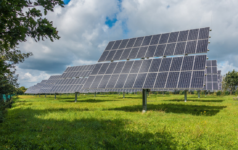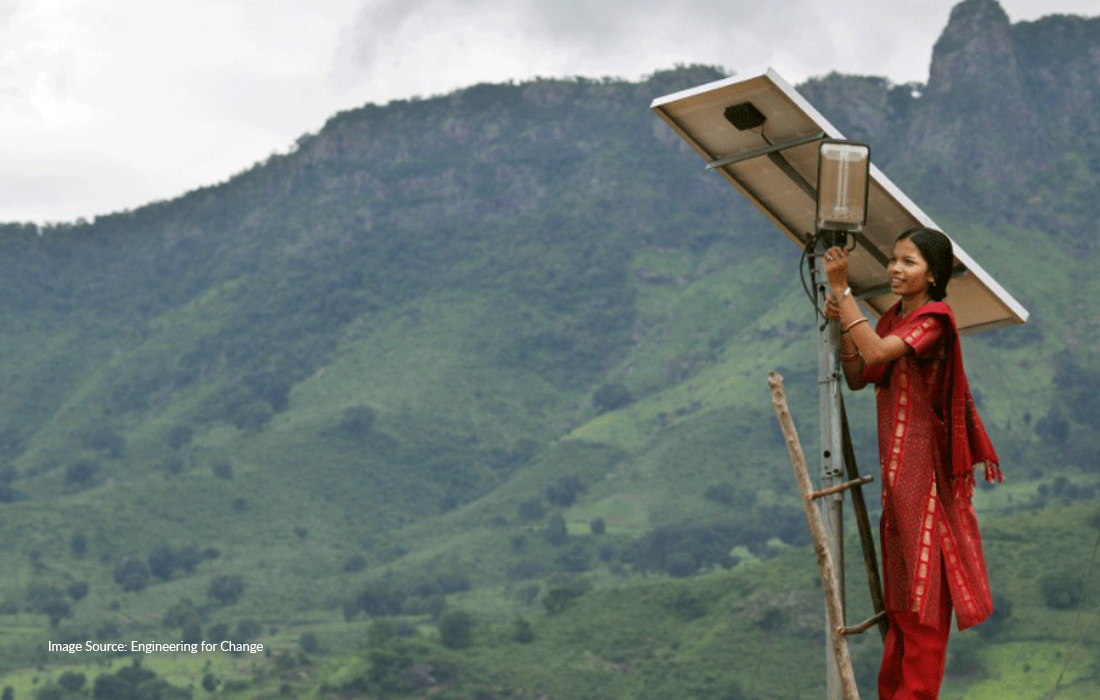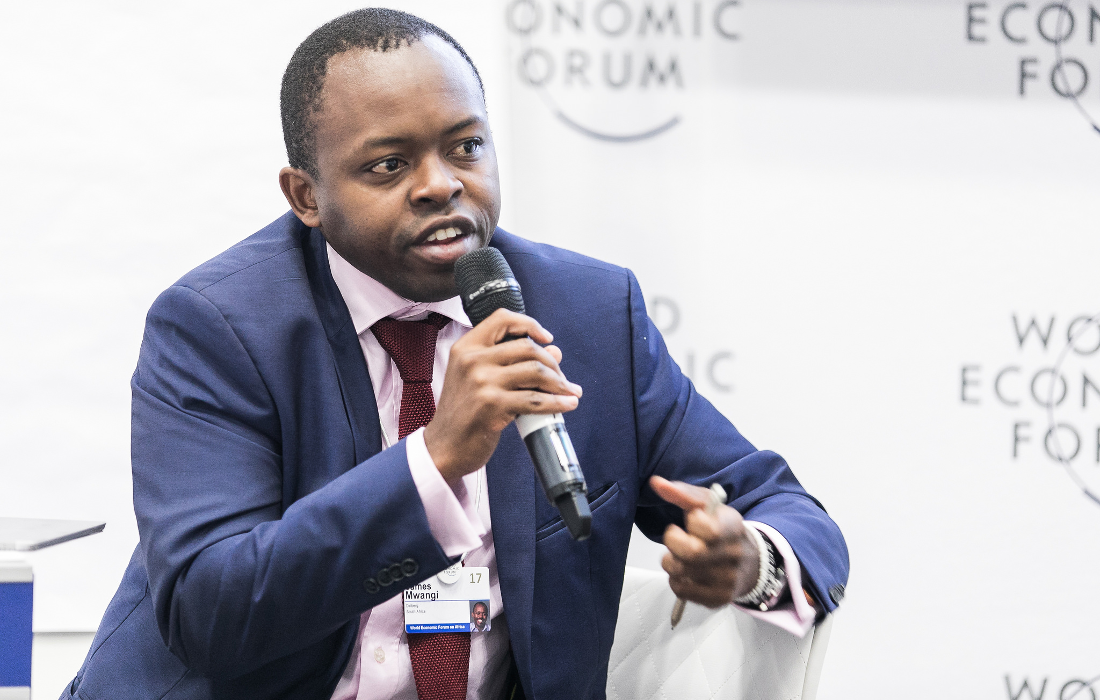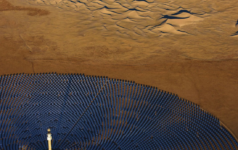Dalberg uses cookies and related technologies to improve the way the site functions. A cookie is a text file that is stored on your device. We use these text files for functionality such as to analyze our traffic or to personalize content. You can easily control how we use cookies on your device by adjusting the settings below, and you may also change those settings at any time by visiting our privacy policy page.
Reflections on The World Economic Forum on Africa
Under the theme “Achieving Inclusive Growth Through Responsive and Responsible Leadership”, a thousand global leaders from the private and public sector who are helping to shape the continent’s future gathered in Durban this past week for The World Economic Forum (WEF) on Africa. Discussions ranged from ending famine, to addressing the problems of apartheid in South Africa, and highlighting innovations that are transforming people’s lives across the continent. One such innovation that took center stage was off-grid and decentralized energy solutions.
This year, Dalberg hosted two events on “off-grid societies”. These events, part of an ongoing series celebrating 10 years of Dalberg on the continent, were a chance to shape discussions on solutions for off-grid societies.
“Off-grid” – as the term is commonly used – refers to the over a quarter of the world’s population who are unable to access to energy through traditional infrastructure. In sub-Saharan Africa, 65% of the population has no access to electricity. While access to reliable electricity is crucial to unlocking economic opportunities, it is vital that we holistically consider the lack of infrastructure that limits these communities from reaching their full potential. Dalberg is helping define a new concept on “off-grid societies” that looks beyond energy access, and instead focuses on societies that do not have access to 20th century infrastructure, such as roads, bank branches, hospitals, and schools.
Finding solutions to reach these unconnected populations is extremely important if we are to achieve truly inclusive growth. Current efforts to create infrastructure to reach off-grid societies continue to lag behind population growth. For example, even with increasing investments in renewable energy, the International Energy Agency estimates that the creation of mini-grids can at best supply electricity for about 40% of the world’s un-electrified population. Creating effective solutions for off-grid societies often require us to devise new business models and leapfrog technologies that require formal infrastructure, such as phone networks or roads, to function.
To reach these remote communities we must think innovatively and find new cross-sector collaborations. With this vision in mind, Dalberg held a cocktail event convening over 50 innovators, financiers, policymakers, business leaders and decision makers who play pivotal roles in delivering services to off-grid societies. A second smaller salon-style diner style event was held to spark interesting discussions and future collaborations between key players in the space.
Fostering the conversations around off-grid societies was a groundbreaking report launched at WEF on renewable energy policy. Written by Dalberg, the report details the challenges and opportunities the governments of India, Nigeria, Senegal and Uganda face as they seek to increase access to electricity through off-grid solutions. The report explains how key policy gaps and challenges are impeding the rapid growth of the sector, and outlines four common concerns of policy-makers which must be addressed to unlock the full potential of the sector. Dalberg’s Executive Director, James Mwangi, also wrote an article that looks at the massive potential for pay-as-you-go energy solutions for inclusive growth.
In addition to convening changemakers, Dalberg partners moderated and participated in panels during WEF. James Mwangi facilitated a Young Global Leaders side event with South Africa’s new Minister of Finance – Malusi Gigaba. He also moderated a discussion on “Africa’s Consumption Frontier” looking at the potential of the sharing economy with panelists including Jesse Moore, M-Kopa’s co-founder; David Rozzio, Africa’s HP Managing Director; Marlon Parker, Founder of Reconstructed Living Lab; and April Rinne, an independent advisor on the sharing economy, among others.
Robin Miller, a Partner in Dalberg’s Johannesburg office and a leader on the continent in ICT and connectivity issues, was a panelist at a side event on “Made in Africa” alongside Samuel Mensah, founder of Kisua, a contemporary African fashion brand.
WEF was successful in bringing together the right mix of people and sparking conversations, developing ideas and building connections that will go a long way in achieving growth that is inclusive on the continent.

